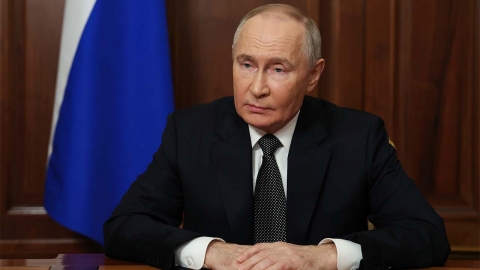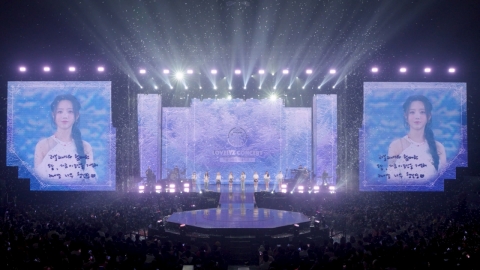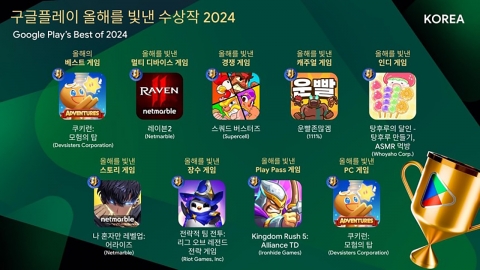As global supply chain reorganization has accelerated since the U.S. presidential election, Korean companies have begun to produce lithium, a key material for secondary batteries, in Argentina on the other side of the world.
It means a lot that we have escaped our dependence on China with a group of achievements after more than a decade of efforts.
He also aimed to break through the slowdown in demand for electric vehicles and become a global leader.
Reporter Park Ki-wan visited Argentina.
[Reporter]
The vast Andes Mountains of Argentina are 4,000 meters above sea level.
In this place, which is so desolate that it is called the 'land of the dead man', our company has found a 'gold vein' made of secondary batteries.The salt water, which was pulled from 600 meters below
, contains lithium.
After concentrating using sunlight and wind for four months here, the extraction process will begin in earnest.
Production of 25,000 tons of lithium hydroxide per year and 600,000 electric vehicles began last month in Argentina's first lithium hydroxide plant and South America's largest.
[Huh Dae-young / Head of production at POSCO Argentina] We have 13.5 million tons of reserves. The lithium concentration is high. Since the impurity concentration is low, I think it is a suitable brine for lithium extraction.]
In the process of making "lithium hydroxide" for secondary batteries, numerous impurities and waste are produced, but no additional impurities are produced here using only water and electricity.
The used ingredients can also be reused.
[Kim Joo-young / POSCO Argentina Senior Researcher: It is a process of converting directly into lithium hydroxide using only water and electricity using an electrochemical method. BPED technology is the world's first application to lithium through research and development for more than 10 years at POSCO.]
Until now, domestic secondary battery companies have relied on Chinese supply and demand for lithium.
China is producing an overwhelming amount of lithium in its own country, acquiring lithium salt lakes centered on South America such as Chile, and Korea also had to import more than 75% of its lithium imports from China.
However, we have secured a strong supply chain through Argentina's Salt Lake.
At the same time, separation membrane parts that were dependent on Japan were developed on their own with small and medium-sized companies and succeeded in localization.
On top of that, it also aims to build another 25,000-ton lithium plant by the second half of next year to grow its size despite slowing demand for electric vehicles and catharsis to become a leader in the electrification era.
[Kim Kwang-bok / Head of POSCO Argentina: Until now, Chinese companies are ranked first and second, but I think we will be in the top three (global) if we include lithium salt and lithium ore produced in Korea.]
Attention is focusing on whether the lithium supply chain, created by sweat drops in barren rough areas 18,200 kilometers from Seoul, will protect future competitiveness and national security at the same time.
I'm Park Kiwan of YTN.
Reporter for shooting
: Lee Kyu
Design: Lee Ga-eun
※ 'Your report becomes news'
[Kakao Talk] YTN Search and Add Channel
[Phone] 02-398-8585
[Mail] social@ytn.co.kr
[Copyright holder (c) YTN Unauthorized reproduction, redistribution and use of AI data prohibited]
Economy
More- Hyundai Motor's 'Electric SUV' debuts in the U.S.First Foreign CEO Munoz "Prepared for Regulatory Response"
- Ministry of Land, Infrastructure and Transport confirms aviation 'regulatory special case' for UAM demonstration work
- Hyundai Motor's First Foreign CEO "Ready for U.S. Regulation"
- The last day of the railroad union...Major relief in morning delay rates

!["Mystery Man" that's never been revealed before...Who is the high-ranking North Korean general injured? [Y Record]](https://image.ytn.co.kr/general/jpg/2024/1122/202411221156006212_h.jpg)






